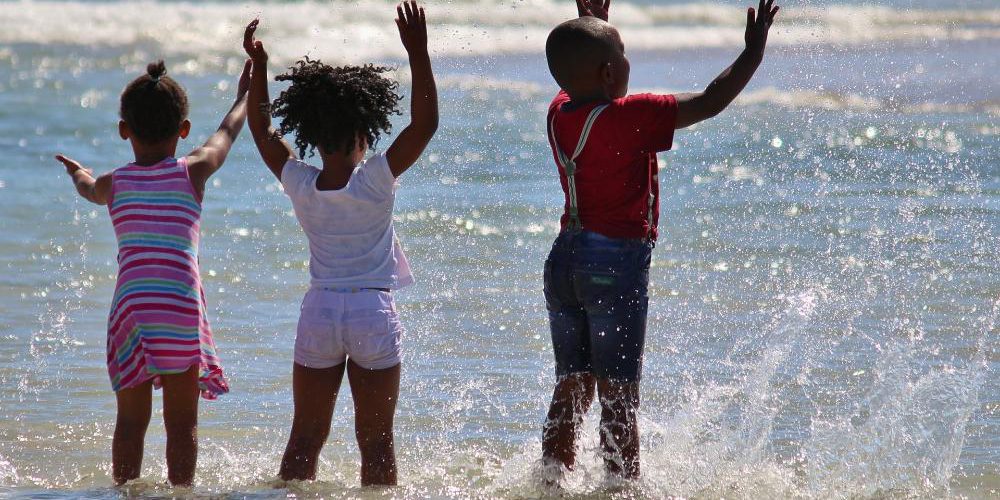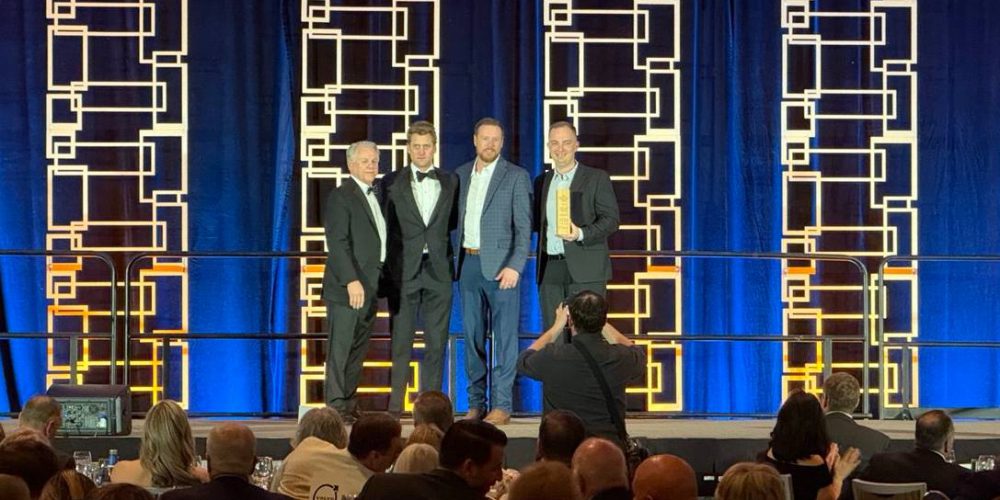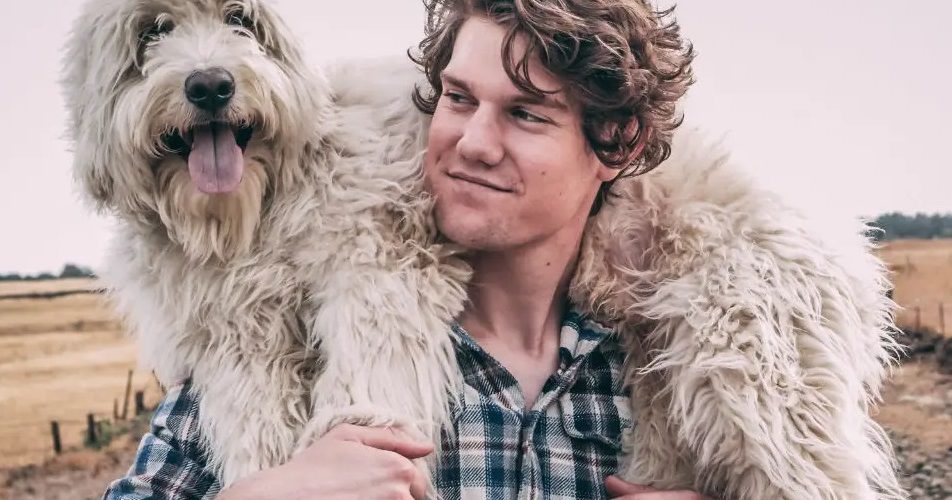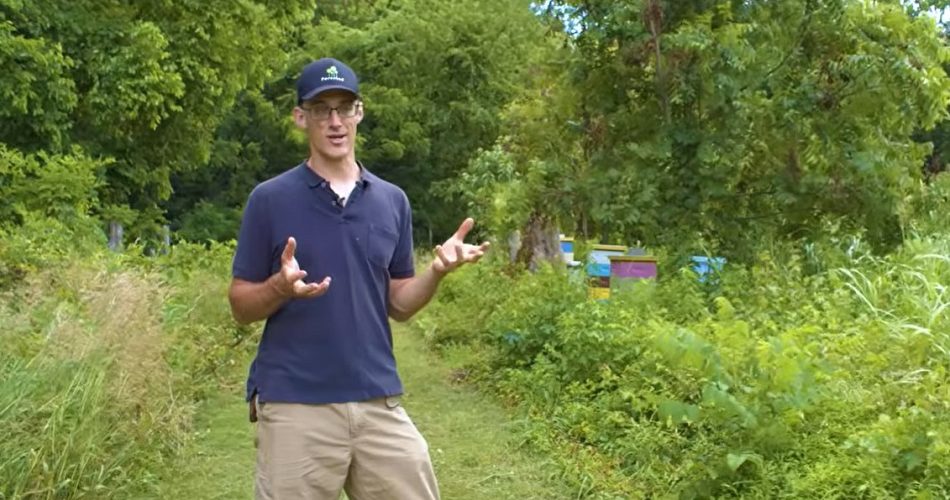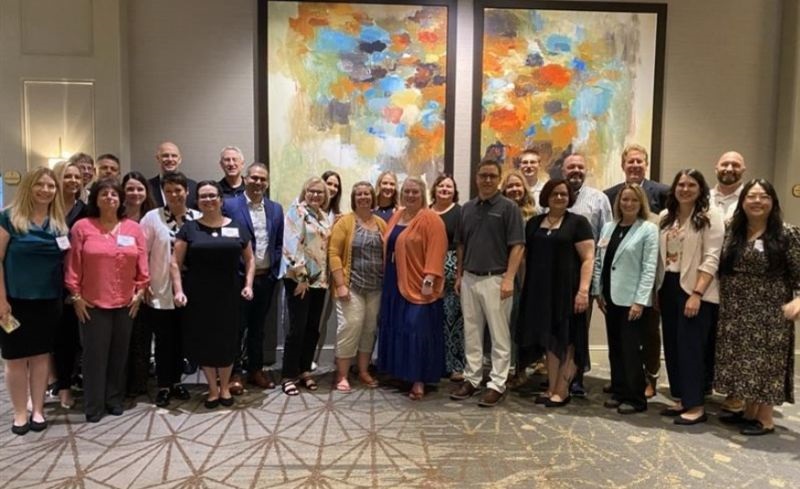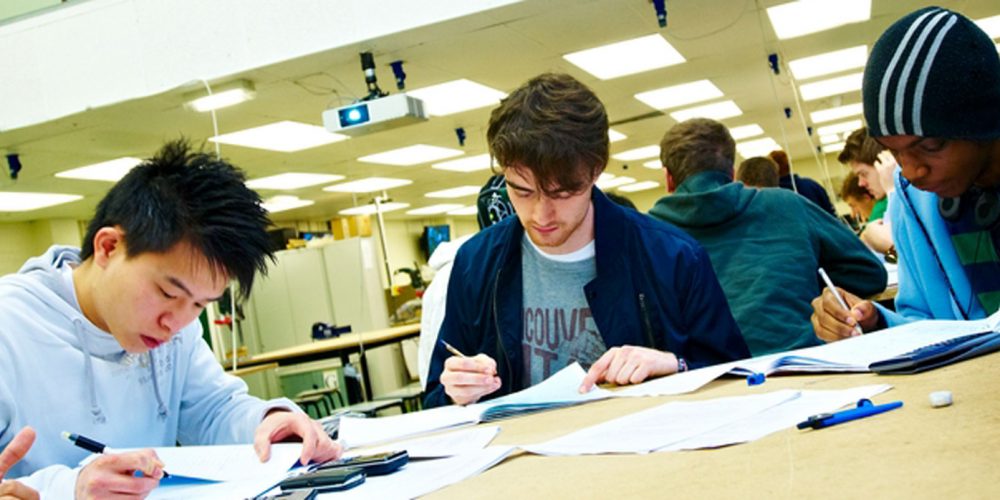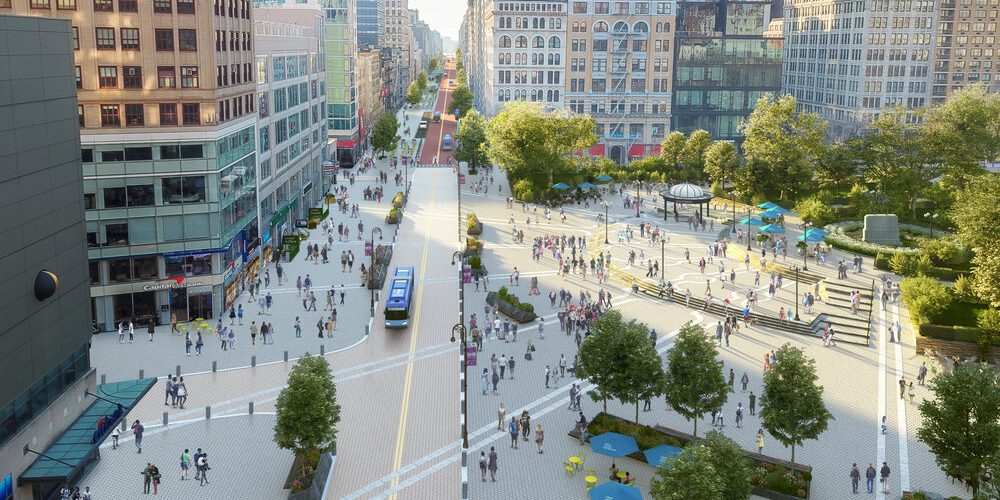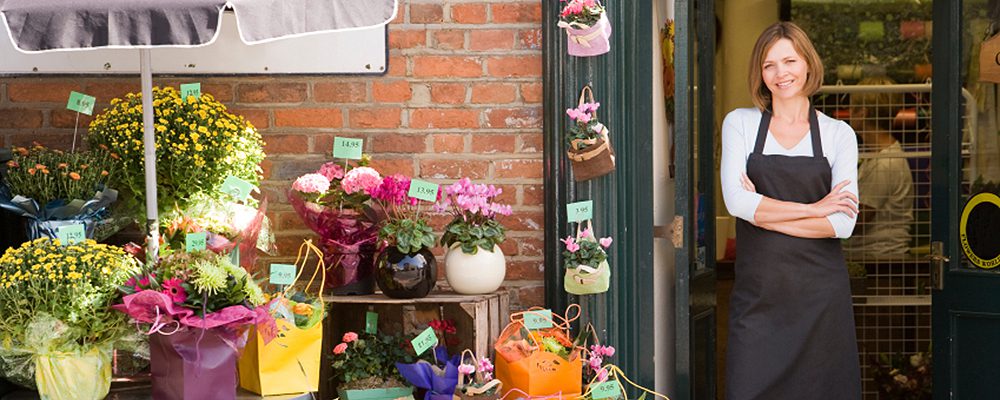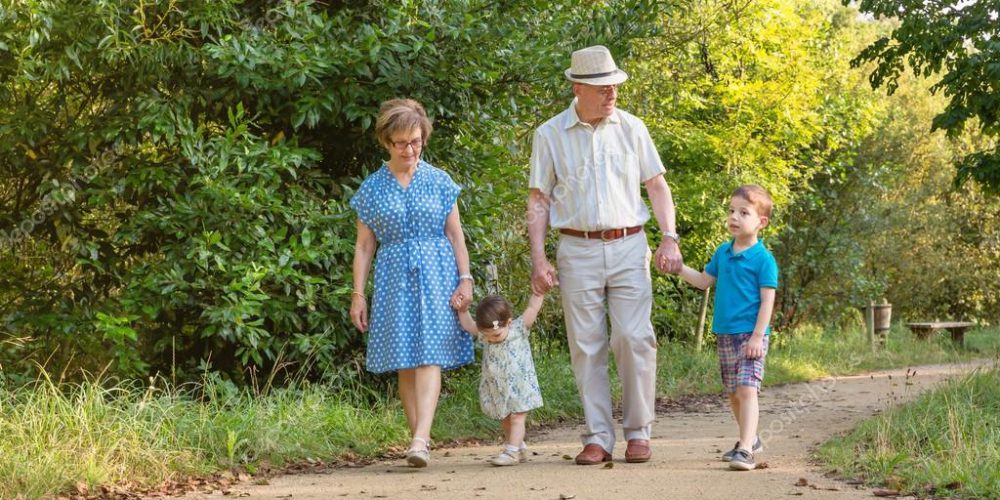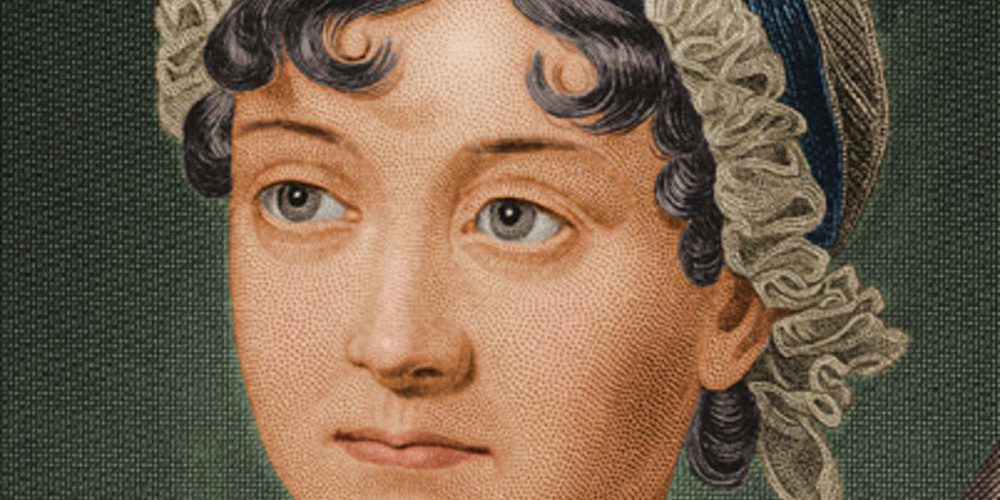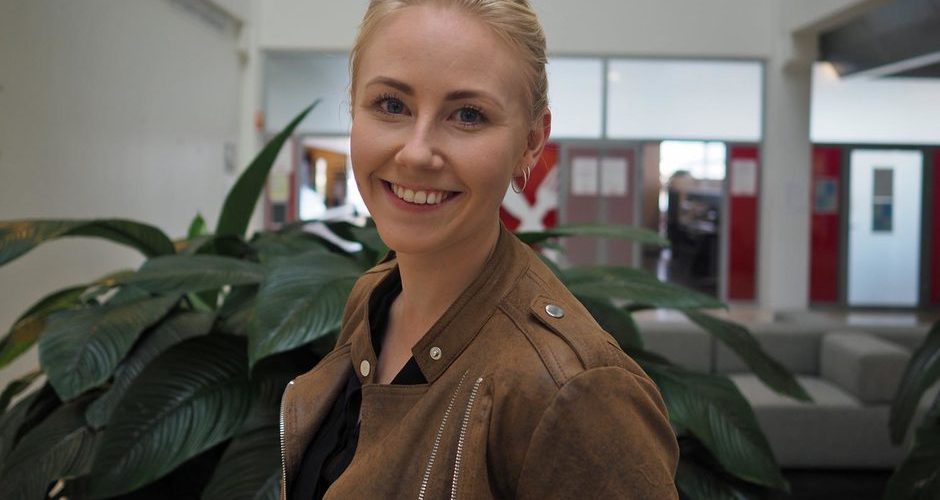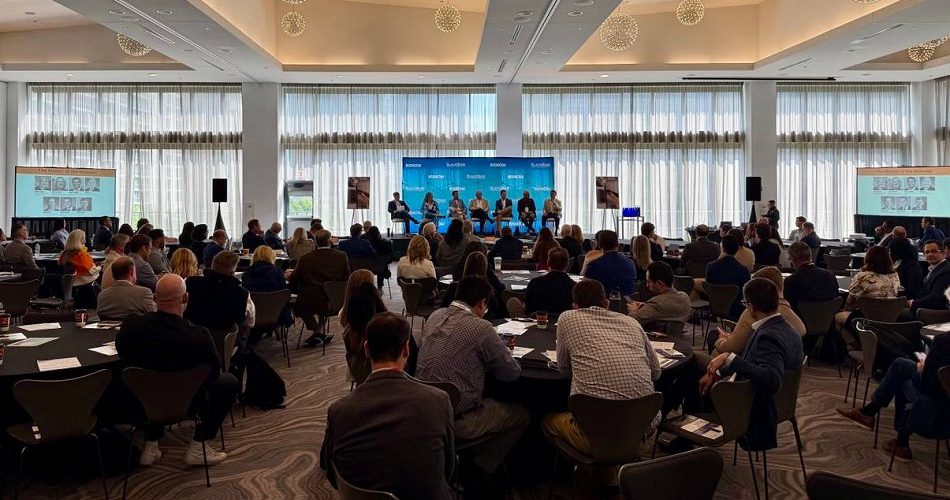Peace is the greatest treasure. Leo Tolstoy and Mahatma Gandhi teach us how to find and own it.
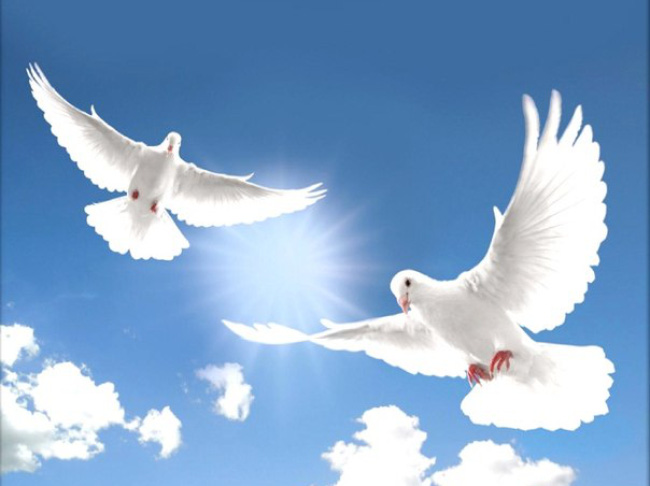
In human history, innumerable peacemakers have dedicated their entire lives to fighting against violence, abuse, dictatorships and terror. They have put themselves at risk to support the lives of others and to establish equal relationships through conflict resolution. As such, we devote this space to the two remarkable peacemakers of XX century.
Leo Tolstoy (1828 – 1910)
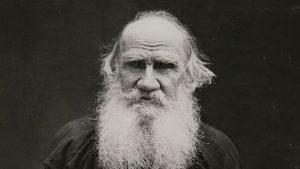
Leo Tolstoy is the greatest Russian writer, whose name is known all over the world.
In the 1870s, Tolstoy experienced a profound moral crisis, followed by what he regarded as an equally profound spiritual awakening, as outlined in his non-fiction work A Confession. His literal interpretation of the ethical teachings of Christ led to the creation of his non-violent philosophy. He said: “Those who neither struggle against violence nor take part in it can no more be enslaved than water can be cut. They can be robbed, prevented from moving about, wounded or killed, but they cannot be enslaved: that is, made to act against their own reasonable will.”
Regarded as one of the greatest writers of all time, Tolstoy had a profound influence on nonviolent resistance movements such as those of Mahatma Gandhi, Martin Luther King, Jr. and James Bevel, and the political strategies of Nelson Mandela. In particular, his writing had a significant impact on Gandhi, who then kept correspondence with the writer during one year until Tolstoy’s death in November 1910, and acknowledged Tolstoy as “the greatest apostle of non-violence that the present age has produced.”
Mahatma Gandhi (1869 –1948)
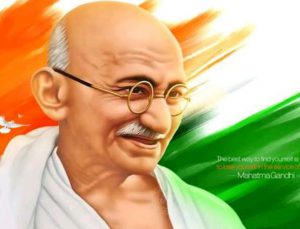
“I believe that “Gandhi’s views were the most enlightened of all the political men in our time. We should strive to do things in his spirit: not to use violence in fighting for our cause, but by non-participation in anything you believe is evil”. (Albert Einstein)
The term peacemaker is synonymous with the name Mohandas “Mahatma” Gandhi.
“Nobody can hurt me without my permission.”
“In a gentle way, you can shake the world.”
“Live as if you were to die tomorrow. Learn as if you were to live forever.”
“The weak can never forgive. Forgiveness is an attribute of the strong.”
“I will not let anyone walk through my mind with their dirty feet.”
“Without action, you aren’t going anywhere.”
“You must be the change you wish to see in the world.”
These quotes from Gandhi perfectly depicts his lifelong goal, as well as his invitation for us to create change. He lived by those words, he led by his example, and above all promoted peace.
Inequality and injustice troubled Gandhi from an early age. He strongly believed in the importance of equality and made it his mission to correct the imbalances he saw. He did so by leading numerous peaceful protests throughout his life, which followed his teaching of satyagraha, insistence on truth.
There is a set of guidelines associated with satyagraha, all with peace as an underlying theme. When people saw the good that was achieved through these nonviolent actions, they gave Gandhi the title “Mahatma,” which means “Great Soul.”
Gandhi’s word for non-violence was “soul force” which communicates the positive power of love and connection that underlines it.
Gandhi dedicated his life to promoting and peacefully fighting for equality. He gave his time and eventually his life to create a better world. He truly was the change he wished to see in the world and was able to successfully implement those changes. His practice of satyagraha has inspired countless others to live a life of peace. They have joined in his success of changing the world through peaceful methods.
Imagine the opportunities for change you wish to see in your daily life. The guidelines of life suggested by Mahatma Gandhi are easy to incorporate. Peace can resolve the biggest conflicts as well as minor every-day struggles. Peace can improve the way you view the world. Peace can improve you: your soul and body.
Try implementing peaceful actions into your daily life. Use peaceful actions to solve conflict. Maintain peace when others test your patience. See how even the smallest offering of peace can create change in the world around you.



